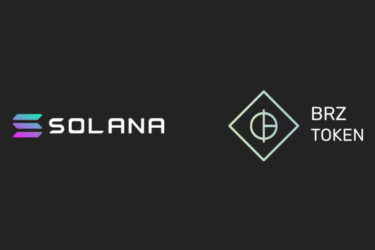The Brazilian cryptoasset ecosystem is quite advanced, but there is still a vast potential to be tapped in Brazil. Foreigners are keeping an eye on it, and Brazilian companies need to prepare themselves to receive these new investments.
This was one of the panel’s conclusions on the Brazilian crypto ecosystem on the first day of Ethereum.Rio, held at the Museu do Amanhã in the city of Rio.
“There are talents and opportunities in the Brazilian crypto market, and we at Transfero seek to connect Brazilians with these opportunities’, said Transfero’s Director of Products and Partnerships, Safiri Felix.
The head of Research at the exchange Mercado Bitcoin, André Franco, followed the same train of thought. According to him, it is necessary to develop the Brazilian market because foreigners have an eye on the opportunities that arise in the country.
Regulation is one of the issues that can help the arrival of foreign investment. According to Felix, today it is clearer what can be done in the Brazilian market. In addition, the Pix payment system, which popularized QRcode and digital payments, favors the adoption of tokens and currencies in blockchains.
The Brazilian user profile is changing
Although still predominantly male and concentrated in the 35-year-old age group, the profile of cryptocurrency investors is changing in the country. Women, for example, are increasing their participation. “And they are better investors than men”, commented Rocelo Lopes, from Bluetoken.
For him, it is still necessary for crypto companies to step forward to simplify the use of the platforms. With this, more people could access and get to know the market.
Compared to the rest of Latin America, the Brazilian market is more developed. Still, the mindset of companies in Brazil and the rest of the countries in the region is quite different. While in Brazil, the focus is on the country, the predominant view is of regional investment in the rest of Latin America.
Transfero, for example, is scaling to other countries in the region with an eye on the opportunities – even greater than in the Brazilian market – due to the greater capital controls and difficulties in accessing the global cryptoasset market that exist in those countries.
“We are taking to the rest of the region the same offerings that are already helping companies and investors access the Brazilian market”, Safiri says.







